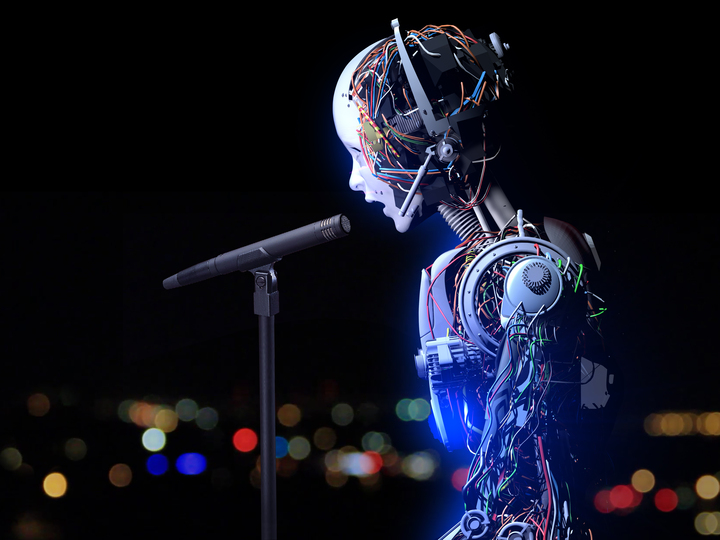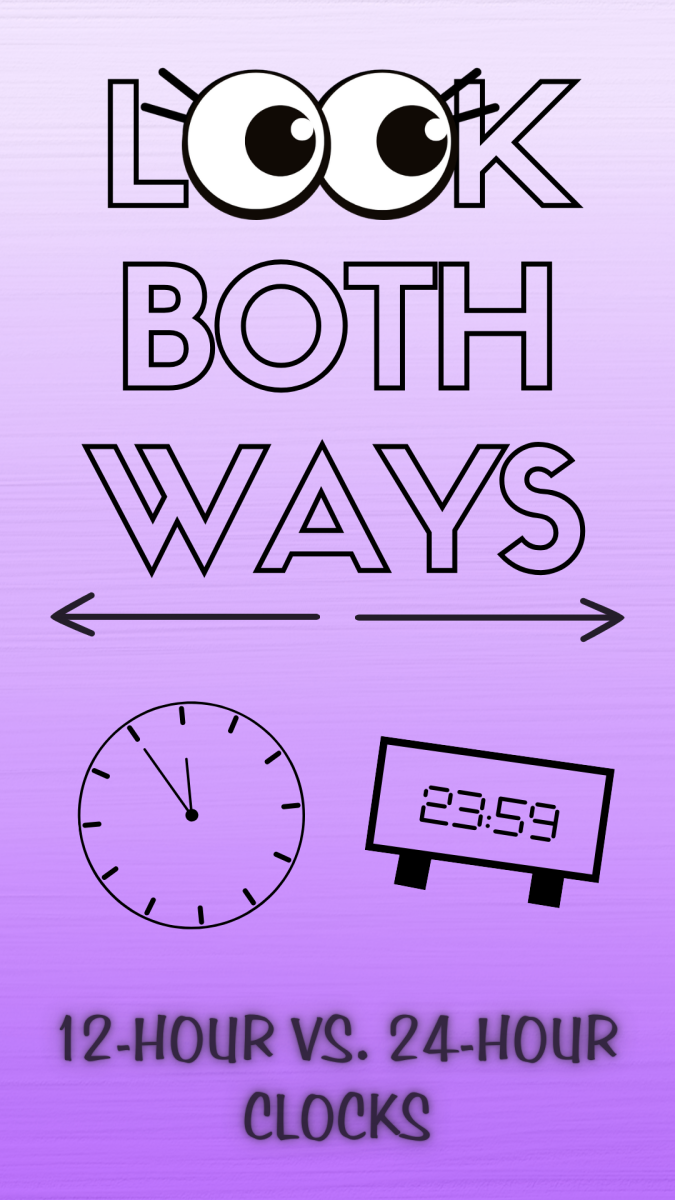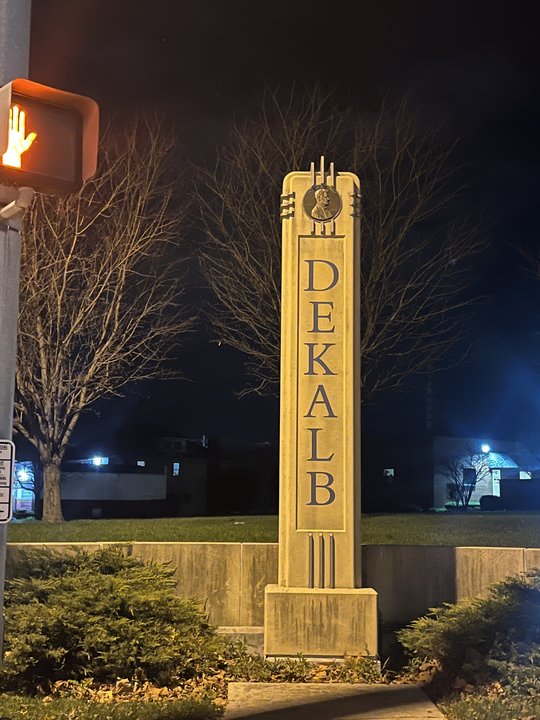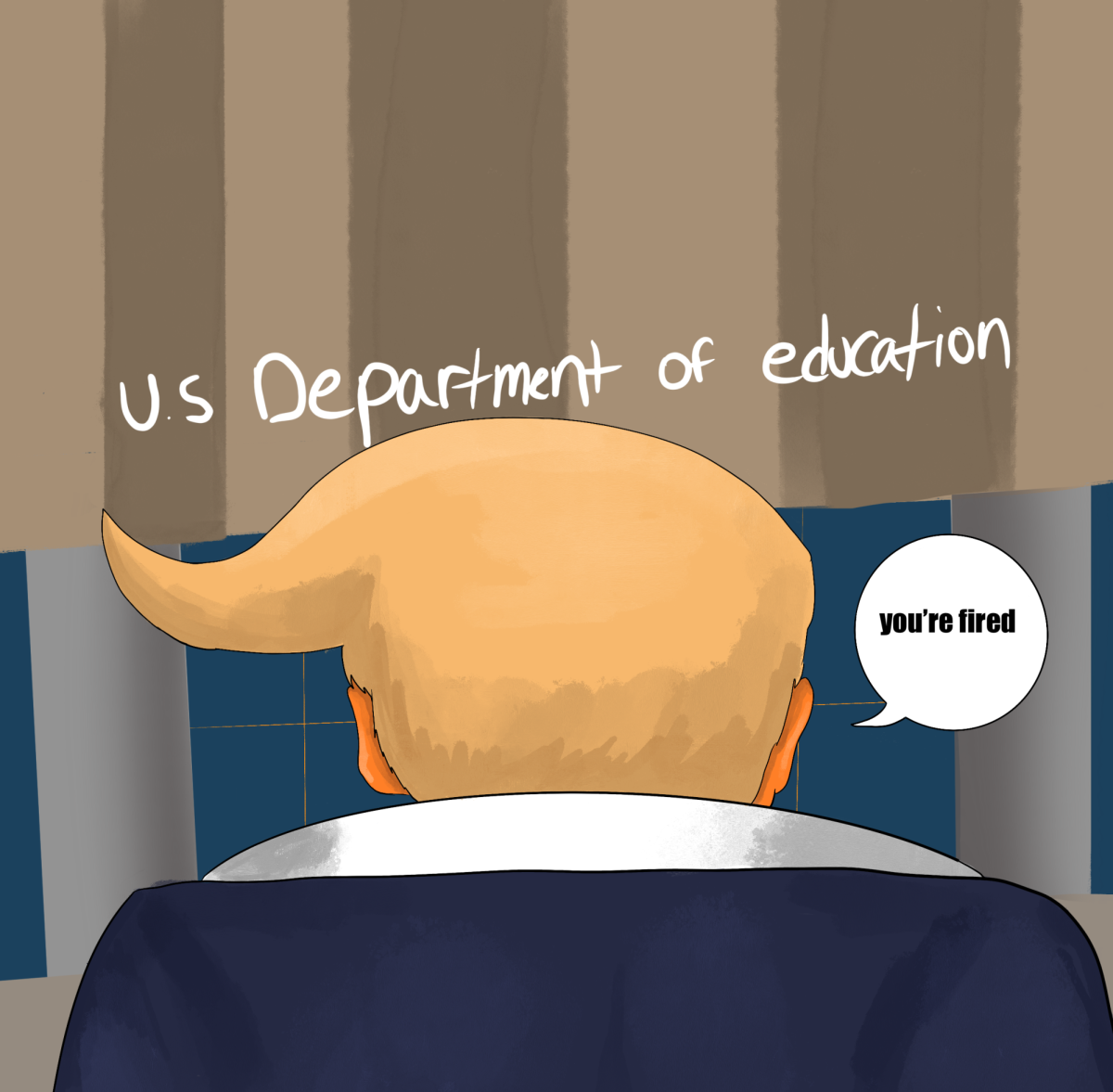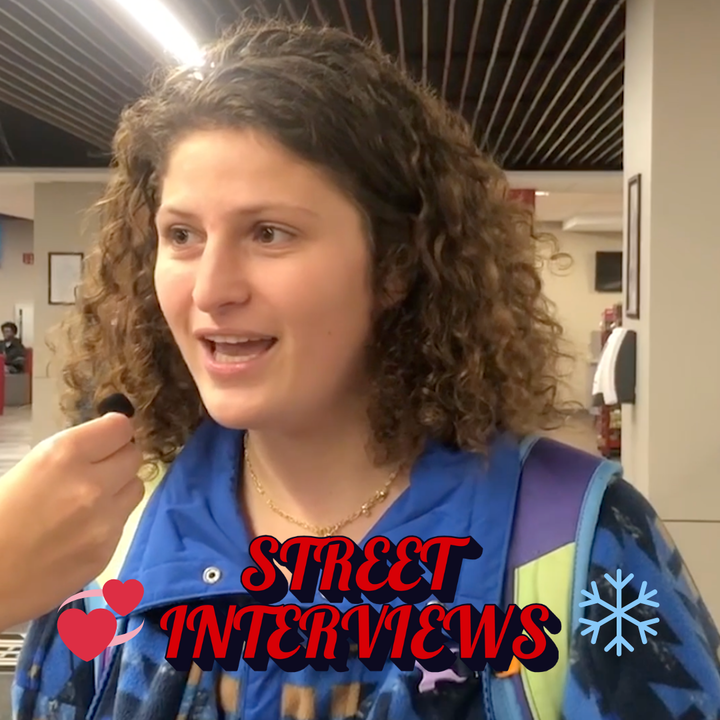Artificial intelligence is taking the creativity out of music. AI music is not only unethical, but it’s also flat-out lazy and uninvolved.
As AI becomes more prevalent with websites like Chat GPT becoming popular, people are finding new uses for the technology, including music. AI is being used to write lyrics, instrumentals or sometimes copy an artist’s voice.
AI music is the opposite of creativity. It takes away the heart, soul and all the emotion out of making music. It takes no real effort to just put prompts into a generator.
One example of AI generated music is the song “Heart on My Sleeve” where the TikTok artist ghostwriter wrote his own lyrics but used the voices of musical artists Drake and The Weeknd through an undisclosed AI system.
He submitted the song to the Grammys but was denied because the vocals were not obtained legally, Harvey Mason Jr. CEO of the Recording Academy said in a video on Instagram. Although it seems the Grammys do not totally discount AI music, new requirements are being made for the 66th Grammys that may allow AI music to be considered for an award.
“At this point, we are going to allow AI music and content to be submitted, but the GRAMMYs will only be allowed to go to human creators who have contributed creatively in the appropriate categories,” Mason Jr. said in an interview with the Recording Academy. “If there’s an AI voice singing the song or AI instrumentation, we’ll consider it. But in a songwriting-based category, it has to have been written mostly by a human. Same goes for performance categories – only a human performer can be considered for a GRAMMY.”
AI also takes information from other songs that have been published. AI could infringe on someone else’s work.
“Even if it’s not, like, a legal infringement of copyright, you might worry about something in that ballpark. The biggest issue would be, like, fraud,” said Jason Hanna, philosophy professor at NIU.
AI music is not the new wave of music, it’s lazy and takes the fun out of making and enjoying music.



